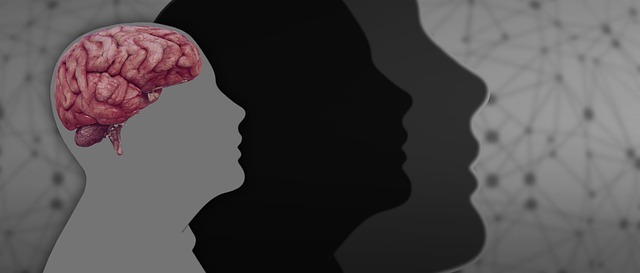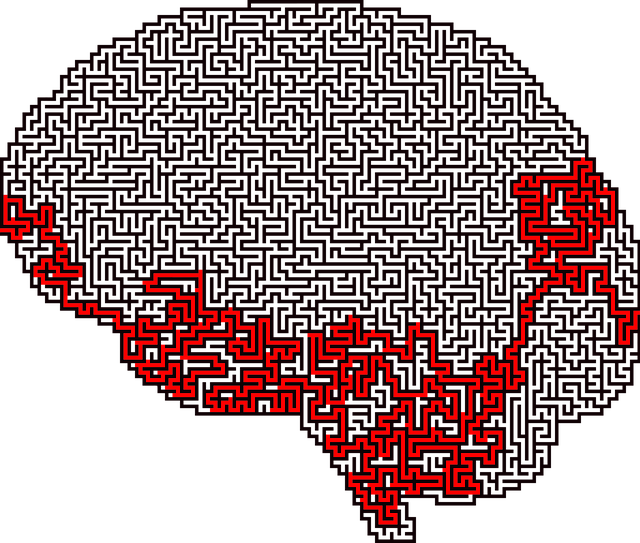Social skills training is a crucial component of addressing the intersection of social interactions and mental health, particularly for young adults. With growing awareness of mental health issues, recognizing the impact of social dynamics is key. For instance, survivors of domestic violence often struggle with forming healthy relationships due to traumatic pasts. Therapy equips them with communication, assertiveness, and emotional regulation skills, fostering a sense of belonging and improving overall well-being. Tailored programs combine mindfulness meditation, journaling prompts, conflict resolution techniques, and peer mentoring for continuous support, helping young adults overcome challenges from domestic violence and maintain long-term mental wellness.
Social skills training is a powerful tool for supporting young adults with mental health conditions, especially those affected by domestic violence. This comprehensive guide explores the intricate link between social abilities and mental well-being, delving into how early experiences can shape future interactions. We examine the specific impact of domestic violence on young adults’ social development and provide evidence-based strategies for therapists to facilitate effective training. Additionally, we emphasize the importance of post-training support and community engagement in empowering individuals to thrive.
- Understanding the Link Between Social Skills and Mental Health
- The Impact of Domestic Violence on Social Development in Young Adults
- Strategies for Effective Social Skills Training in a Therapeutic Setting
- Empowering Young Adults: Post-Training Support and Community Engagement
Understanding the Link Between Social Skills and Mental Health

Social skills training plays a pivotal role in understanding and addressing the intricate link between social interactions and mental health, especially for young adults. In today’s world, where mental health awareness is gaining momentum, recognizing the impact of social dynamics is crucial. Many mental health conditions can stem from or be exacerbated by difficulties in social situations, making therapy an essential tool for healing. For instance, survivors of domestic violence often struggle with forming healthy relationships and experiencing emotional intimacy due to their traumatic pasts.
This training equips individuals with the necessary tools to navigate social environments, fostering a sense of belonging and improving overall well-being. By participating in group sessions or one-on-one therapy, young adults can learn effective communication strategies, assertiveness techniques, and emotional regulation skills. These processes are vital for building inner strength and confidence, enabling them to confront challenges head-on. Through such therapeutic interventions, they can begin to understand and modify unhealthy patterns, paving the way for a more fulfilling and socially integrated life.
The Impact of Domestic Violence on Social Development in Young Adults

Domestic violence has a profound impact on the social development of young adults, often leading to significant challenges in forming healthy relationships and navigating social environments. This is particularly true for individuals who have experienced intimate partner violence or witnessed domestic abuse within their families during their formative years. The effects can be far-reaching, affecting not just their current interactions but also their future mental wellness and overall mental health awareness.
Exposure to such traumatic events can result in social anxiety, making it difficult for young adults to initiate or maintain relationships. They may struggle with trust issues, fear of intimacy, and a sense of isolation, hindering their ability to connect with peers. Therapy for young adults who have been through domestic violence is crucial in helping them process these experiences, build healthy coping mechanisms, and develop essential social skills. Incorporating mindfulness meditation practices can aid in managing anxiety and fostering a sense of calmness, thereby encouraging participation in social activities and enhancing their mental health journey.
Strategies for Effective Social Skills Training in a Therapeutic Setting

Social skills training is a potent tool within therapeutic settings, especially for young adults navigating mental health challenges and histories of domestic violence. A structured yet adaptable approach is key to success. Therapists can utilize mental wellness coaching programs tailored to individual needs, incorporating exercises like journaling prompts designed to encourage self-reflection and promote positive interactions. This guidance fosters a safe space for clients to build confidence in social situations.
Conflict resolution techniques are another valuable strategy. By teaching young adults healthy ways to communicate their needs and manage disagreements, therapists empower them to overcome interpersonal challenges. These skills are particularly vital for those who have experienced domestic violence, helping to break cycles of unhealthy relationships and promote long-term mental wellness.
Empowering Young Adults: Post-Training Support and Community Engagement

After completing social skills training, empowering young adults to maintain their progress is paramount. This involves providing ongoing support through various channels, such as peer mentoring programs and trauma support services. Engaging with communities can help them feel more connected and reduce feelings of isolation, which are common after experiencing domestic violence. Local mental health education programs designed for young adults offer valuable resources for stress reduction methods and coping strategies. By fostering a sense of belonging and teaching practical life skills, these initiatives ensure that participants can successfully navigate social situations and maintain their mental well-being in the long term.
Social skills training is a powerful tool in supporting young adults, especially those affected by domestic violence. By understanding the connection between social skills and mental health, therapists can create targeted interventions that empower individuals to navigate relationships, enhance their well-being, and foster community engagement. The strategies outlined in this article provide a framework for effective therapy, ensuring young adults develop resilience and thrive in their social environments, ultimately breaking cycles of trauma and promoting positive mental health outcomes.














